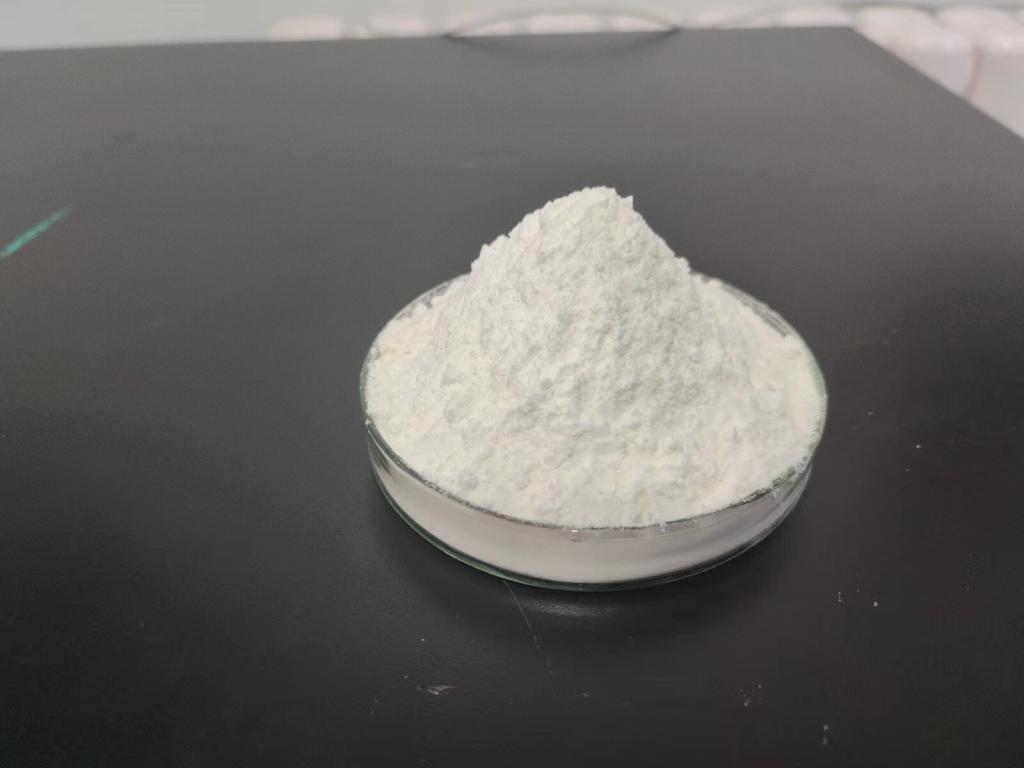Tel:+8618231198596

News
 CONTACT
CONTACT
 CONTACT
CONTACT
- Linkman:Linda Yao
- Tel: +8618231198596
- Email:linda.yao@dcpharma.cn
- Linkman:CHARLES.WANG
- Department:Overseas
- Tel: 0086 0311-85537378 0086 0311-85539701
News
Current Position:
Home >
News
>Eco-Friendly Solutions in Personal Care: The Influence of ε-Polylysine Hydrochloride
Eco-Friendly Solutions in Personal Care: The Influence of ε-Polylysine Hydrochloride
TIME:2024-02-28
The Rise of Eco-Friendly Personal Care:
Consumers are increasingly seeking personal care products that not only enhance their well-being but also align with their values of sustainability and environmental responsibility. The quest for eco-friendly alternatives encompasses various aspects, including ingredient sourcing, packaging materials, and the overall environmental impact of personal care formulations.
ε-Polylysine Hydrochloride: An Overview:
ε-Polylysine Hydrochloride, derived from the fermentation of Streptomyces albulus, is a naturally occurring antimicrobial peptide. Recognized for its broad-spectrum antimicrobial properties, ε-Polylysine Hydrochloride has found applications in the food industry as a preservative. More recently, its potential in personal care has been explored, offering a natural and effective alternative to traditional preservatives.
Antimicrobial Properties in Personal Care:
a. Preservation of Cosmetic Formulations:
One of the primary applications of ε-Polylysine Hydrochloride in personal care is its role as a preservative. Cosmetic formulations, including creams, lotions, and serums, are susceptible to microbial contamination, leading to product degradation and potential health risks. ε-Polylysine Hydrochloride addresses this concern by inhibiting the growth of bacteria and fungi, contributing to the longevity and safety of personal care products.
b. Natural Deodorant Solutions:
The demand for natural and eco-friendly deodorants is on the rise, driven by consumer preferences for aluminum-free options. ε-Polylysine Hydrochloride's antimicrobial properties make it a suitable candidate for natural deodorant formulations, providing effective odor control without compromising environmental sustainability.
Environmental Impact:
a. Biodegradability:
One of the key advantages of ε-Polylysine Hydrochloride is its biodegradability. Unlike certain synthetic preservatives that may persist in the environment, ε-Polylysine Hydrochloride breaks down naturally, minimizing its ecological footprint. This aligns with the broader goals of sustainable personal care product development.
b. Reduced Need for Harsh Chemicals:
The use of ε-Polylysine Hydrochloride in personal care formulations can reduce reliance on harsh chemical preservatives. This not only contributes to the environmental friendliness of products but also addresses concerns about potential skin irritations and sensitivities associated with synthetic preservatives.
Formulation Flexibility and Compatibility:
ε-Polylysine Hydrochloride exhibits compatibility with a wide range of cosmetic ingredients, allowing formulators flexibility in creating diverse personal care products. Its adaptability makes it suitable for various formulations, including creams, shampoos, and cleansers, fostering innovation in eco-friendly product development.
Consumer Perception and Education:
As consumers become more discerning about the products they use, transparency and education about ingredients play a crucial role. Personal care brands incorporating ε-Polylysine Hydrochloride can communicate the natural origin and eco-friendly attributes of this preservative, building trust and loyalty among environmentally conscious consumers.
Regulatory Considerations:
The regulatory landscape in the personal care industry is evolving, with a growing emphasis on ingredient safety and environmental impact. As ε-Polylysine Hydrochloride gains recognition in the sector, collaboration between regulatory bodies and industry stakeholders is essential to establish clear guidelines for its use and promote its adoption as a sustainable preservative.
Challenges and Research Opportunities:
While ε-Polylysine Hydrochloride offers promising eco-friendly solutions, challenges such as optimal usage levels, stability in formulations, and potential interactions with other ingredients require further research. Ongoing scientific exploration will help refine its application and address any limitations in the development of sustainable personal care products.
Industry Adoption and Collaboration:
The successful integration of ε-Polylysine Hydrochloride into personal care products relies on industry-wide adoption and collaboration. Personal care brands, researchers, and suppliers can work together to explore innovative formulations, conduct rigorous testing, and share knowledge to accelerate the transition toward more sustainable and eco-friendly options.
Future Outlook and Conclusion:
As the personal care industry continues to evolve in response to consumer demands for sustainability, ε-Polylysine Hydrochloride emerges as a key player in shaping the future of eco-friendly solutions. Its natural origin, antimicrobial properties, and environmental compatibility position it as a versatile preservative for a wide array of personal care products. By embracing ε-Polylysine Hydrochloride, the industry can not only meet the growing demand for eco-friendly alternatives but also contribute to a more sustainable and responsible future for personal care.
- Tel:+8618231198596
- Whatsapp:18231198596
- Chat With Skype







